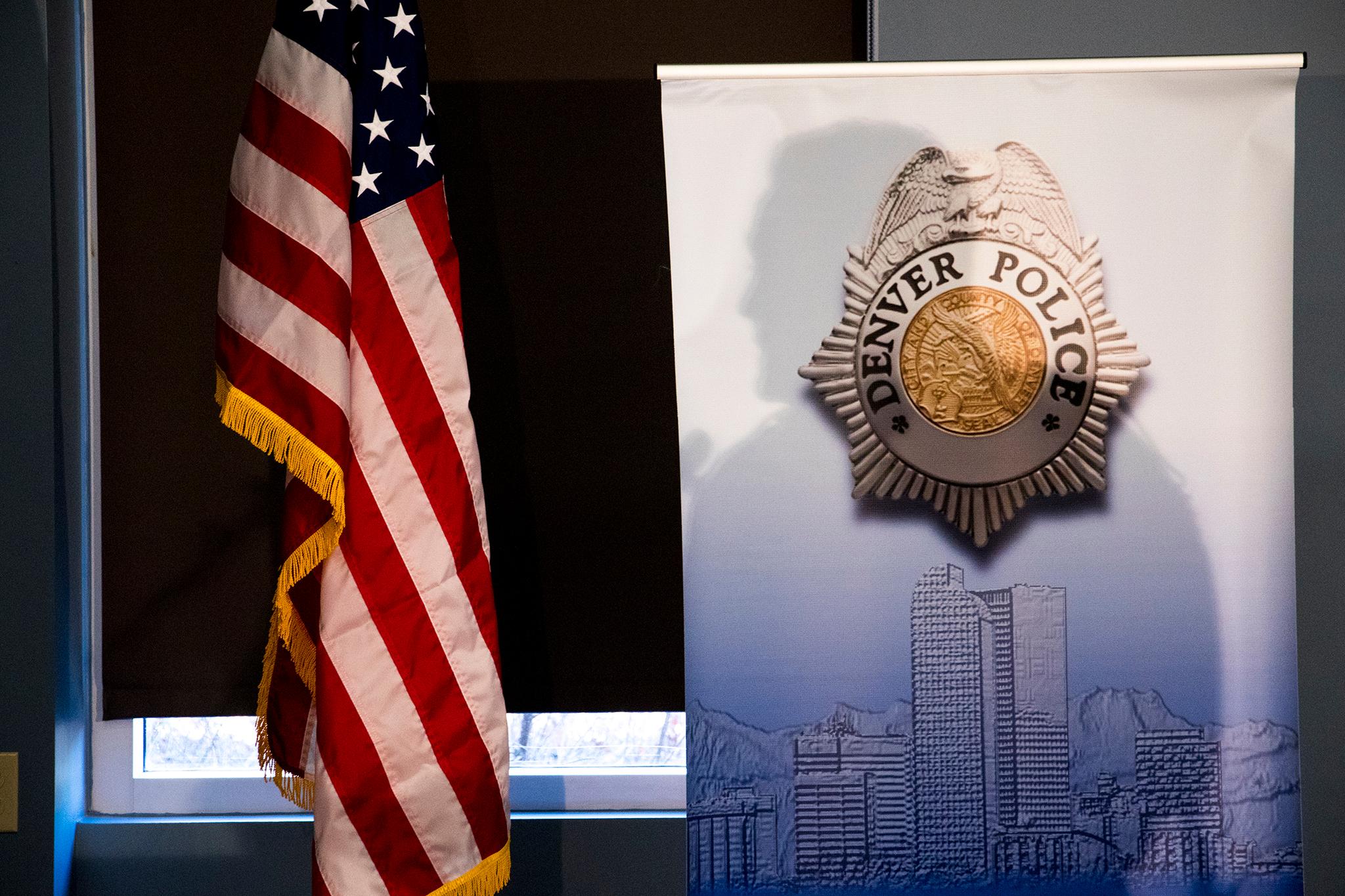If the current agreement between the Denver Police Department's union and Mayor Michael Hancock's administration stands, police officers will get a raise in 2022.
The revelation comes as locals and elected officials call for major changes to the department -- including abolishing it altogether and giving the savings to social services -- and as police officers deal with a spike in violent crime.
Meanwhile, the city faces a projected budget gap of at least $185 million in 2021, according to documents from the Budget and Management Office. In a letter sent from Hancock to city council members, he framed the process as "give-and-take" and said no raises next year will equate to $5 million in savings.
"Absent this $5M savings, other city agencies would be forced to make even deeper cuts to meet the charter requirement for a balanced budget, and the city would see greater adverse service impacts, additional employee impacts or both," Hancock wrote.
The same cannot be said for 2022. The proposal, which still requires approval from the Denver City Council, ensures a raise that year. It's unclear how much more pay officers would receive (Denverite has asked the mayor's office for specific figures).
Collective bargaining agreements are meted out behind closed doors. Under Denver law, some things must be discussed while others are completely off-limits. Most city government departments lack the power to collectively bargain for things like higher pay. DPD can because police officers are not allowed to strike; negotiations give them a different type of bargaining chip.
Hancock put his full weight behind the proposal in the letter to council members. He said it would be "irresponsible to reject it."
"I also think it is important to acknowledge the shared sacrifice our police officers are willing to make in these uncertain times, and when their jobs have been made even more stressful by an unprecedented public health crisis and rising crime," Hancock stated.
Union members have already ratified the tentative agreement, which is not available to the public, by a landslide 93 percent.














